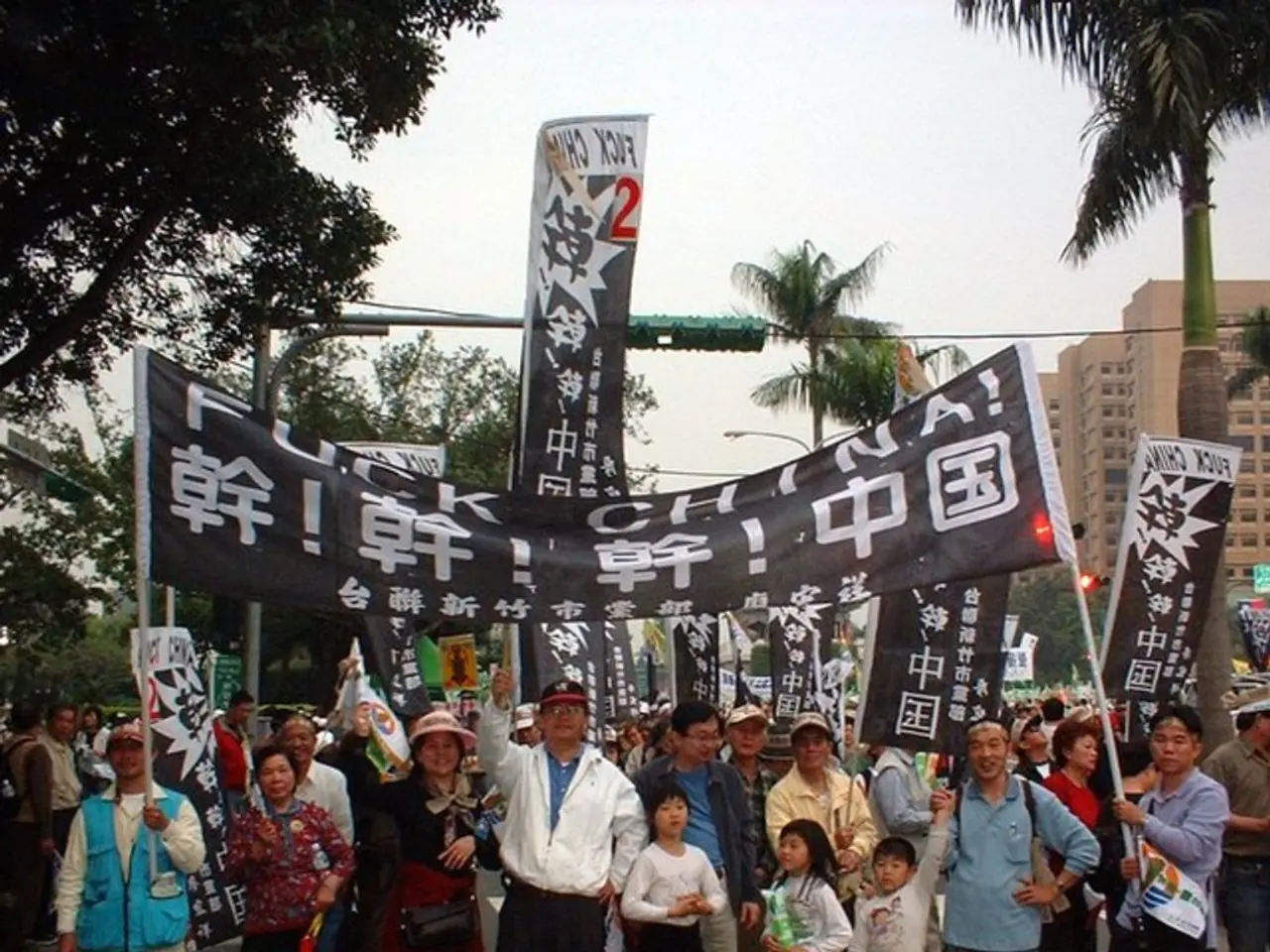Political parties, including the BNP, Jamaat, Hefazat, and others, have voiced their disapproval of the Gopalganj attack and called for immediate government action to ensure law and order.
In a shocking turn of events, the National Citizen Party (NCP) was the victim of a violent attack in Gopalganj, resulting in at least four deaths and leaving dozens injured. The assault, which involved crude bomb explosions, arson attacks on vehicles, and injuries to law enforcement officers, has sparked widespread outrage and condemnation across the political spectrum in Bangladesh.
The attack, reportedly perpetrated by members of the ruling Awami League and its banned affiliate, the Chhatra League, has been strongly denounced by various political parties. The Bangladesh Nationalist Party (BNP) and Bangladesh Jamaat-e-Islami have expressed their dismay over the incident, while the Hefazat leaders have described the attacks as "heinous" and a direct violation of democracy, freedom of expression, and human rights.
In response to the attack, Jamaat-e-Islami has announced a countrywide protest for tomorrow (17 July). Several student organisations, including Chhatra Shibir, Chhatra Dal, and Gonotantrik Chhatra Sangsad, have also staged protest marches on Dhaka University campus, demanding the arrest of those responsible for the violence.
The BNP Secretary General, Mirza Fakhrul Islam Alamgir, has expressed deep concern over the attack, describing it as "barbaric" and symptomatic of a larger threat. The party's leadership alleges a coordinated conspiracy by political rivals to destabilize nationalist forces and delay electoral processes. They accuse supporters of Jamaat and the NCP themselves of spreading misinformation and engaging in provocative acts on social media, but insist that deliberate provocations against them, including bomb attacks near their central office, aim to intimidate and disrupt democratic rights.
The interim government has strongly condemned the violence, labeling it "utterly indefensible" and promising that those responsible will be swiftly identified and held accountable. They emphasized that violence has no place in Bangladesh and underscored the need for justice and lawfulness.
However, opposition parties have accused the government and its affiliates of fostering instability ahead of upcoming elections. The Jatiya Ganotantrik Party Vice-President, Rashed Pradhan, has accused the Awami League of acting boldly on Delhi's assurance and questioned the role of intelligence agencies, law enforcers, and the administration.
Analysts suggest that without substantial reforms—such as depoliticizing the civil service, increasing transparency, and strengthening judicial oversight—Bangladesh risks ongoing instability and weakened democratic institutions. The volatile and fractious nature of current Bangladeshi politics is reflected in the violence and mutual accusations that have come to characterize the political environment.
The attacks in Gopalganj serve as a grim reminder of the challenges faced by Bangladesh in maintaining peace and stability amidst political unrest. As the nation prepares for upcoming elections, the hope remains that the government and opposition parties will work towards fostering a more peaceful and democratic political environment.
- The violent attack on the National Citizen Party has led to discussions about policy-and-legislation, with a focus on strengthening judicial oversight to prevent future incidents of crime-and-justice.
- The general-news media is reporting extensively on the political unrest in Bangladesh, covering not only the attacks but also the subsequent protest marches and mutual accusations between the ruling Awami League and opposition parties.
- Apart from war-and-conflicts, car-accidents, and other traditional areas of concern, politics in Bangladesh also involves various forms of violence and conflict, such as that seen in the recent attacks, which raises questions about the nation's stability and democratic institutions.






